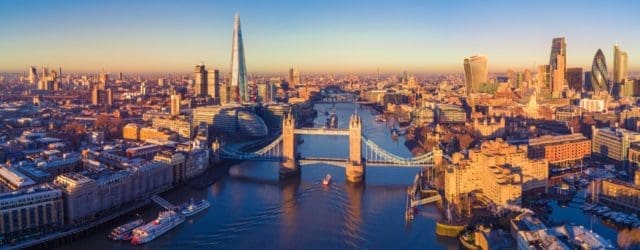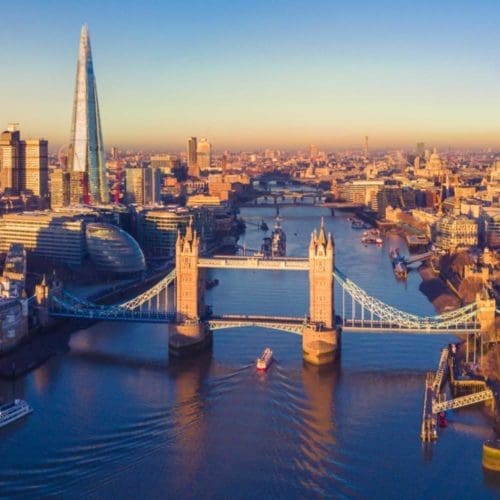Cleared for take-off? – Supreme Court breathes new life into plans for Heathrow’s third runway
December 2020In an article earlier this year, we considered the Court of Appeal’s ruling that Heathrow Airport’s plans for a third runway were illegal because no consideration was given to climate change obligations under the Paris Agreement on Climate Change (“the Paris Agreement”).
It was thought that the ruling could have wide-reaching implications, with the possibility of challenges to other infrastructure projects in the UK. However, on Wednesday the Supreme Court allowed Heathrow Airport’s appeal, ruling that the third runway plans were not illegal and thereby opening the door for an application for planning permission.
The proposed third runway at Heathrow Airport was challenged by environmental groups on the basis that it would encourage more air travel and therefore increase carbon emissions. It was argued, in particular, that the Government failed to consider the provisions contained in the Paris Agreement when preparing the Airport National Policy Statement (‘ANPS’) for the Heathrow expansion (in particular the target of keeping global temperature rise as close to 1.5C as possible) and that the plans breached the UK’s commitments to reduce greenhouse gas emissions. Various environmental groups, including Friends of the Earth, applied to the High Court for judicial review of the government’s plans. The application was dismissed, but later upheld by the Court of Appeal, who concluded that a conscious choice was made not to consider the Paris Agreement, which, in the Court of Appeal’s view, was unlawful.
Heathrow Airport appealed the judgment of the Court of Appeal. The Supreme Court yesterday allowed the appeal, ruling that the Paris Agreement did not constitute ‘Government Policy’ in accordance with Section 5(7) of the Planning Act 2008 and, as such, the government was not obliged to refer to it. Lord Philip Sales concluded that “the national policy statement is not affected by any unlawfulness and is valid.”
The Supreme Court’s ruling means that Heathrow can now seek planning permission for the runway, albeit the plans will continue to face opposition from local residents and environmentalists alike. There will now be a public inquiry, which environmental campaigners have threatened to challenge as far as the European Court of Human Rights.
Whilst Wednesday’s ruling is positive for further airport expansion worldwide, circumstances have changed since MPs first backed the new runway in 2018. Due to Covid 19, there is now considerable airspace capacity; arguably there is now less need for a third runway. There is also now more emphasis on climate change (most notably the commitment to net zero emissions by 2050 and a very recent pledge to cut carbon emissions by 68% by 2030). The future of the runway therefore remains uncertain – it is still a still far from a “done deal”.
When we reported on the Court of Appeal’s decision earlier in the year, we noted the potential impact that the ruling might have on other infrastructure plans. The Supreme Court’s ruling suggests that such concerns are unfounded – similar cases based on failure to take into account the Paris Agreement are now unlikely to succeed. However, development consent is required for significant infrastructure projects and it may be that when looking at such projects the planning inspectorate will consider carefully the environmental credentials of any such projects and take the view that they are incompatible with the law. In addition the environmental targets and the intentions set out in the recent Environmental Bill introduced in October of this year may also serve to curb future infrastructure plans.
We await further developments with interest.
Download PDF








